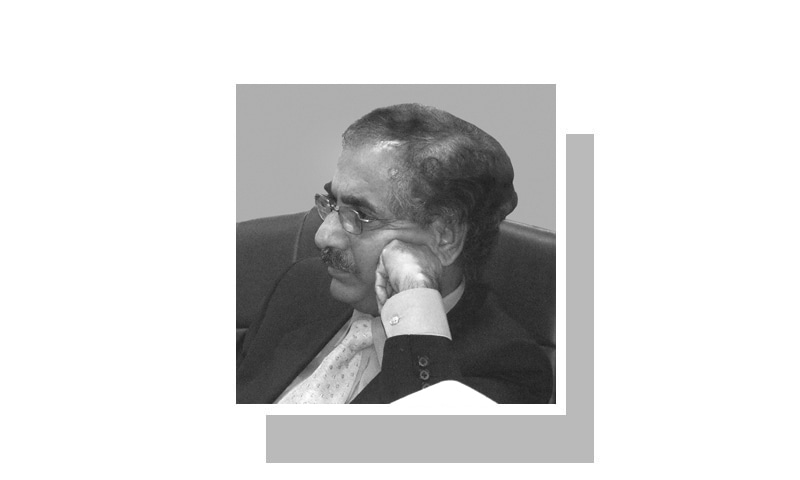RASHIDA is soon set to graduate from a government college in Badin. The occasion has been a lifelong dream of her grandmother, a single parent whose own children grew up illiterate never having had the benefit of education facilities in the area. Fortunately, by the time Rashida reached school-going age, the nearby village of Allahabad Parihar had turned into an education hub, with The Citizens Foundation using modern teaching methods to educate students, most of them from landless families.
Like Rashida, hundreds of girls from surrounding villages are now accessing education. Facilities like segregated secondary school classrooms and free transport service for girls (including for college) have encouraged parents to allow their daughters to pursue education. But a handful of success stories in Sindh is not enough to address the wider challenge of educating millions of the province’s children living in abject poverty.
Despite billions of rupees being spent every year on education by the provincial government and international donors, the ground reality remains gloomy. The reason is simple. Sindh’s ruling elite understands that education eventually leads to social change and ultimately threatens their domination. But there have been exceptions. Before Partition, several affluent Muslim and Hindu families established educational institutions with boarding facilities, and some prominent figures today are actively involved in this noble cause.
Like Rashida, hundreds of village girls are now accessing education.
Incidentally, many of those whose forebears were beneficiaries of these services are at the helm of Sindh’s affairs. But the gradual erosion of government functionaries’ authority by vested interests has caused irreparable damage, especially in the education department where the teachers’ mafia dictates. The failure of the biometrics system, recently introduced at the cost of millions of rupees, to ensure teachers’ attendance and punctuality is a prime example. None of the political parties or groups would risk of annoying their facilitator — ie the teacher, who plays a vital role in the election process.
Lauded by civil society, the promise to declare an education emergency in Sindh made by the present chief minister in the inaugural speech of his last tenure remains unfulfilled, reportedly hijacked by powerful lobbies. The Sindh Right of Children to Free and Compulsory Education Act, 2013, for which rules were framed after a three-year lapse, assigns responsibility to school management committees to ensure attendance of children from five to 16, with powers to fine and imprison.
But most of these committees are either dysfunctional or work at the dictation of their benefactors. Even so, considering their level of understanding, especially in rural areas, one could not expect them to achieve much. Local authorities at the union council, town, taluka, district and municipal levels should have been constituted and made functional long ago, but hitherto only district committees headed by deputy commissioners and in some cases municipal corporations have been set up; that too without community participation.
In the past, deputy commissioners had to perform multiple duties. But now that they don’t have magisterial powers, they ought to have ample time to devote to other important subjects like education. By now, all field committees should have been active and action against admission refusals spotlighted by the media. Nothing of the sort. And now, the district committees are also in limbo. This speaks of the lack of concern at all tiers.
The challenge is to ensure attendance of 56 per cent of 12 million out-of-school children, reduce dropout rates and impart quality education — a long, arduous journey that, at this pace, may never be achieved.
But one must not lose hope. The need is to focus on a few villages and mohallas in each union council and ward to start with, following a carrot-and-stick approach. In some cases, stringent measures such as imprisonment may be necessary to set an example.
Since the chief minister has to oversee all the affairs of the province and not education alone, this responsibility falls squarely on the shoulders of the minister and education secretary. A timeline plan must be prepared in consultation with district committees and followed strictly. Provincial advisory councils and steering committees must be constituted and meet frequently. Its members must visit focal areas quite often. All committees should be truly representative and fully empowered. Last, but not least, in order to facilitate students from far-flung areas, hostels (especially for girls) must be reactivated or established in schools and colleges.
Tailpiece: A component on technical and vocational training is missing from the 2013 act and rules, although many parents would prefer their children undergo skills training. Arrangements could also be made for literacy classes in these institutions.
The writer is a former civil servant.
Published in Dawn, March 20th, 2019












































